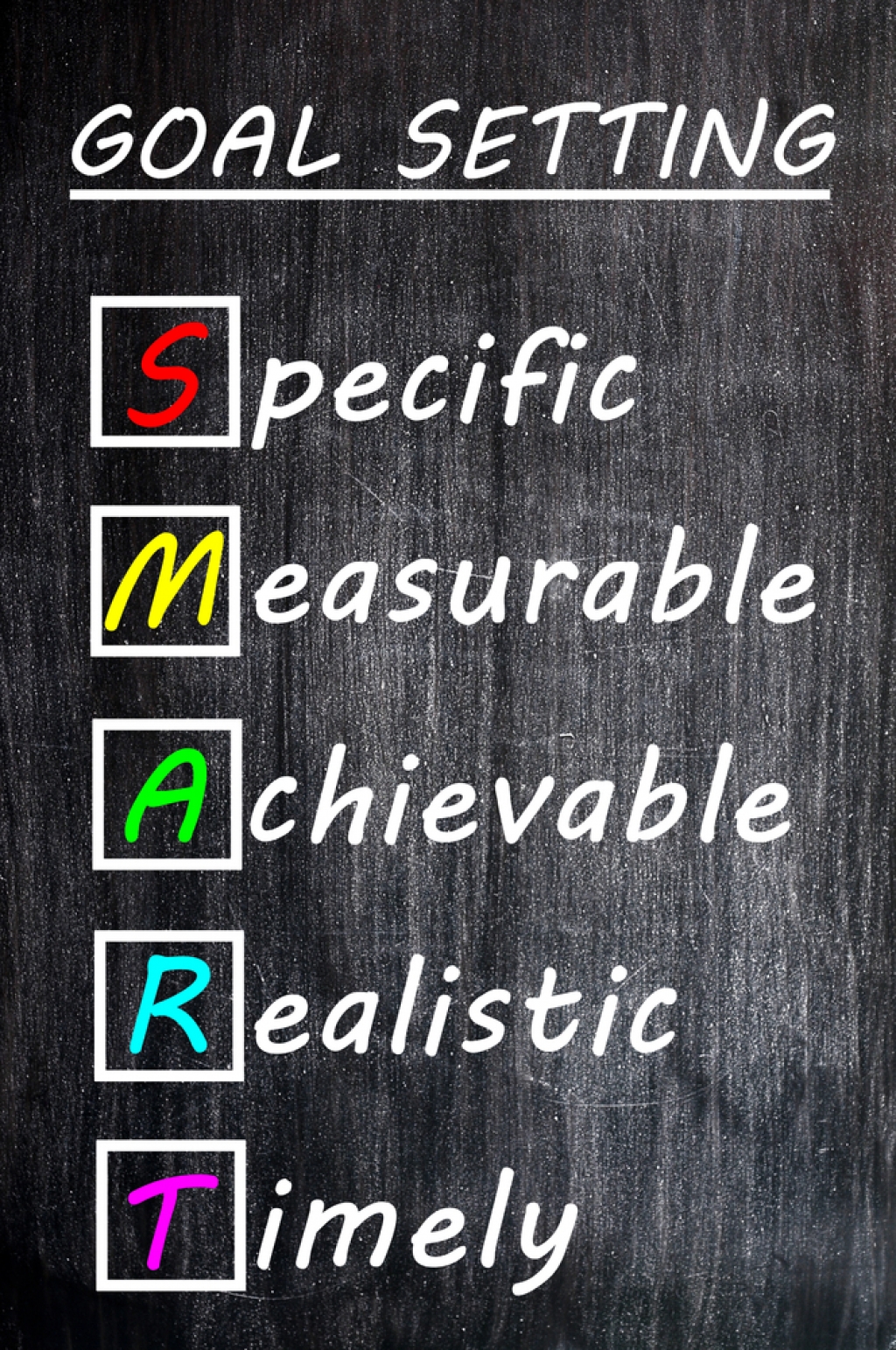In today's fast-paced and ever-changing business environment, honing skills is a crucial element for success. Companies with a strong focus on developing their employees’ skills have been shown to achieve higher productivity, greater employee satisfaction, and improved retention rates. While technical skills are significant, soft skills are equally vital in the current work culture. Soft skills, also known as interpersonal skills, are the human skills that help employees effectively communicate, collaborate, and work effectively with others.
Soft skills are an essential component of any organization, and coaches can play a vital role in helping individuals develop these skills. Coaching is an effective method for developing employees' skills as it makes them more confident, leading to improved performance. Coaching is a process whereby an experienced coach supports an individual or a group to identify their goals and helps them to develop appropriate skills and strategies to achieve them.
Here are some of the crucial techniques or methods that can improve employees' skills in organizations.
1. Assessing skills gaps: It is essential to know what skills an individual actually possesses and where the gaps lie. A coach can thus identify areas of improvement and create a personalized development plan for the individual.
2. One-on-one coaching sessions: These help the individual in understanding where their strengths and weaknesses lie. Coaches can identify potential blind spots, understand their behaviors, and create solutions to address those weaknesses.
3. Feedback and assessment: Feedback and assessment are crucial for any employee's growth and development. It gives employees the chance to understand how their peers and colleagues perceive their work and areas where improvement is needed. This can be done through peer and self-evaluations, or genuine feedback from the coach.
4. Role-playing: Role-playing is an excellent learning tool. It involves putting individuals in situations that require a particular skillset and a particular response. Role-playing provides hands-on experience that can help employees improve their skills, build confidence and increase their comfort level in specific situations.
5. Mentoring: Mentoring involves pairing an experienced employee with a less experienced coworker. The mentor can provide guidance, support, and advice to help the mentee to grow and develop as a professional.
To improve soft skills, the following skills should be prioritized:
1. Communication Skills – Communication is a crucial soft skill that cuts across every profession. Verbal and written communication, listening skills, and non-verbal communication are essential for effective communication.
2. Leadership Skills – Leadership skills include the ability to work with others, inspire, delegate, manage, and build relationships with team members.
3. Time Management Skills – Time management is an essential skill that involves prioritizing tasks, managing deadlines, and making use of available resources to achieve objectives. These skills benefit both the individual and the organization.
4. Emotional Intelligence – Emotional intelligence (EI) comprises self-awareness, self-regulation, motivation, empathy, and social skills. EI helps individuals understand their emotions and how to manage them to work well with others.
5. Creativity and Problem-solving Skills – As organizations face new challenges and opportunities, employees need creativity and problem-solving skills to innovate, create new solutions, and identify new opportunities.
In conclusion, developing employees' soft skills can bring significant benefits to an organization. Coaching, mentoring, assessments, role-play and feedback are all effective techniques that can be used to improve skills gaps in employees. Prioritizing essential soft skills such as communication, leadership, time management, emotional intelligence, and creativity, will help employees become more effective, efficient, and productive contributors to the organization. By working collaboratively, individuals and organizations alike can reap the rewards of a culture of continuous development and growth.




